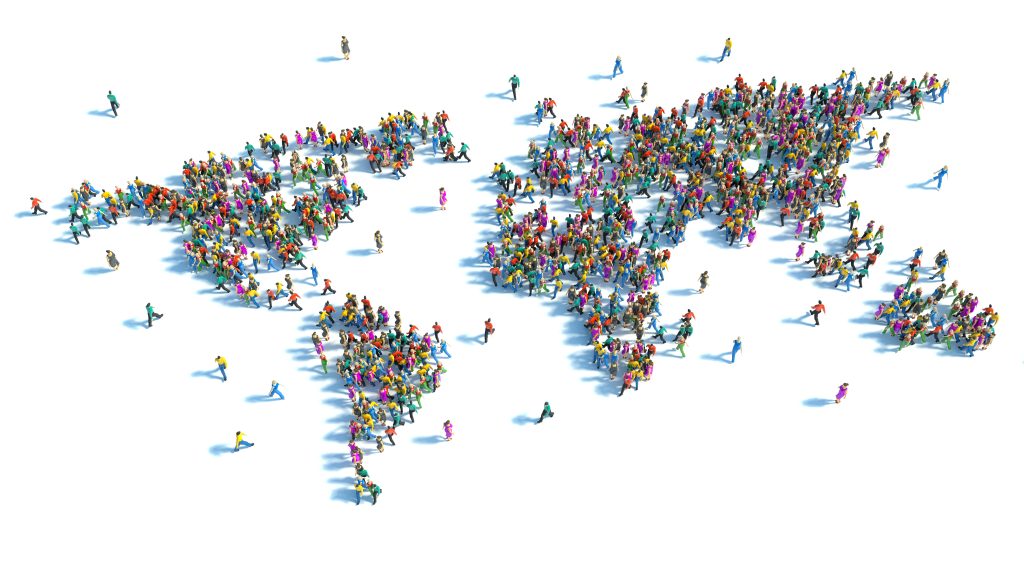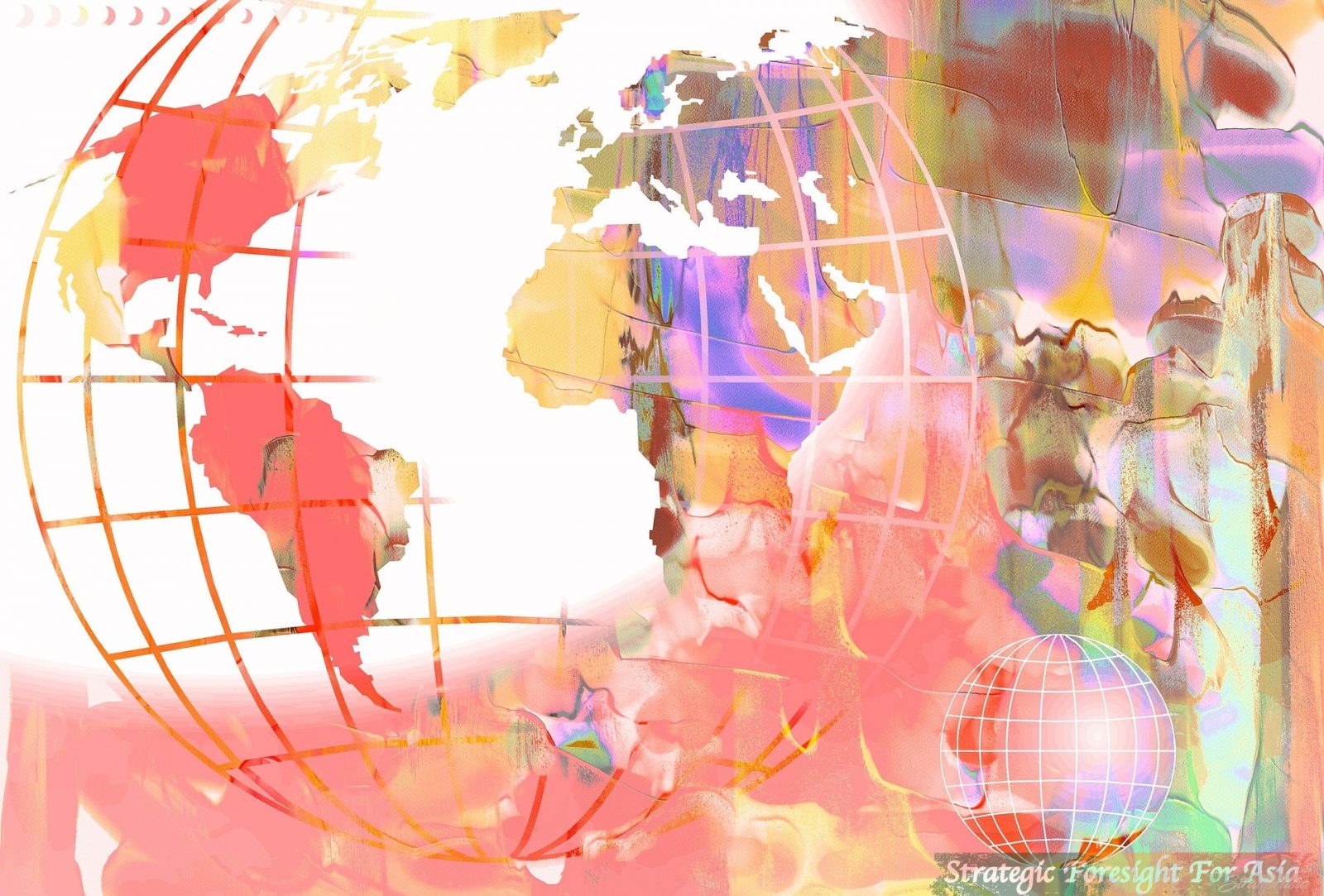The mid-2010s saw a swift rise in the fortunes of right-wing populism around the world. With democracies falling to it like dominoes, free expression came under assault in country after country. It went to the point that democracies all across the globe that once (although perhaps not wholeheartedly) stood for international cooperation, diplomacy, and globalization now stood in sharp contrast to these international norms and values. In hindsight, it is fair to say the silver lining of the rise and rise of right-wing populism in country after country is that the authoritarian nature of this political ideology has become plain to see.

Right-wing politics is subscribed to by leaders who want to maintain their traditional and cultural values, class system within the society and protect the interests of the state, its sovereignty, and territorial integrity. They are those who advocate for notions such as authority, hierarchy, order, duty, tradition, reaction, and nationalism. To quote Norwegian political scientist Prof Bernt Hagtvet: “Right-wing groups tend to perceive nations as unequal. They rank nations by worth, placing theirs on top. They insist on the excellence of their own nation, they emphasize its history as particularly glorious, they include allusions to its past in their political discourse.”
On the other hand, the Left ideology is subscribed to by those who want to establish liberal values, freedom, equality, fraternity, rights, progress, reform, internationalism, and ethical decisions within a state. They advocate ending the class system, racism, and the dominion of one over another.
In the 21st century, the rise of right-wing activism and politics has played a pivotal role in the world. Electoral results across the globe demonstrated how right-wing populist parties were rising nationally and internationally, especially in Europe. The rise of such parties has had negative effects on the economy, politics, and social behavior of the world. If we review the rise of right-wing populist parties through the mid and late 2010s elections held all over the world, we can clearly see how their activism, politics and ideological struggles are shaping our world.
The victory of Donald Trump over Hillary Clinton with 77 electoral college votes, Narendra Modi’s rabidly nationalist party BJP party’s victory against the Indian Congress, populist Imran Khan’s victory against his opposition, Recep Tayyip Erdogan’s success against a coup attempt to overthrow his government in 2016 and his subsequent securing of the President’s seat by gaining 51 percent public votes, Jair Bolsonaro in Brazil, Boris Johnson in the United Kingdom, and Angela Merkel’s election as the chancellor of Germany are evidence of how it is not only rising in Europe but all across the world.
However, its rise in European states, and generally in the West, can be seen as a critical juncture for international politics because the international power centers reside in the West and this lurch to the right is in stark contradiction to the West’s much-supported liberal values abroad. The hypocrisy is striking!
The aim of these parties and their victories is to protect the tradition, culture, religion, sovereignty, and linguistic identity of a nation, but it has had some significant impacts on the economy, immigration, and politics of a state or among the states.
Economic Crisis
The most devastating effect of the rise of right-wing politics was the global economic crisis. Neoliberal globalization or capitalism led to the financial straits of 2008 and the Eurozone crisis which had reverse effects on the global economy.
Right-wing politics emerged in contention with globalization. The rise of populist parties, far and wide, therefore, harms the global economy. This reflects the contagious nature of the global economic crisis and extends Marx’s critiques on capitalist politics. For example, due to the destabilizing effect of the oil industry in many states like Libya, Iraq, Nigeria, Sudan, and Syria, these developing nations had depended, by and large, on stable oil prices during the financial crisis since the Great Depression of 1929.
Moreover, the US government pushed its housing and mortgages market and in return created financial crashes and instability. Looking at them, many other states implemented similar policies with the same results as the United States. The then US President George W. Bush signed the USD 700 billion relief for banks, corporation, and authorities to overcome the global financial crisis.
However, although the economy was stabilized, it reflected the inability of neoliberal capitalism to provide a reliable system for the world. While the big corporations were funded heavily by the US, public living standards declined.
After Trump’s election and the rise of right-wing politics in Europe, privatization, authoritarianism, and neoliberal trade further aggravated the human rights situation as witnessed in the Black Lives matter (BLM) Movement in the US; living standards have plummeted, good wages have become ever harder to come by as Bernie Sanders continuously reiterated, and uncertainty has engulfed the present and future. Right-wing populist parties woo the masses with false promises to overcome all the challenges. They cash in on a state of crisis to cement their authority.
On the other hand, European populism of is different from that of Latin America. Europe has exclusive policies that have a socio-cultural dimension, while Latin America has inclusive policies that are designed to help the poor.
The Populism practiced by Indian Prime minister Narendra Modi, Brazil’s Jair Bolsonaro, and the United Kingdom’s Boris Johnson’s are also exclusive in nature.
In Pakistan’s political history, right-wing politics was first supported by President Zia ul Haq, against the left-wing government of the Pakistan People Party (PPP). He established Islamism as the ideology of Pakistan and institutionalized the conservative economic and foreign policies. The current Prime Minister Imran Khan has also changed his politics from the liberal left to the conservative right, has marginalized dissent and critical voices, and encouraged nationalism, Islamic ideology, and indigenous culture.
Moreover, ascendant right-wing nationalist parties in Europe and Asia are largely supported by the working and anti-elite classes due to their perceived immigration problems and their fear of cultural changes, economic instability, low wages etc., because of a refugee influx. These parties tend to be anti-refugee and pay lip service to poverty alleviation.
Democratic Public Discourse and Authoritarianism
Public discourse is essential to the development and long-term progress of a state in which people have the right to have their opinions and to voice their concerns. But some current developments are problematic for democracy.
Right-wing forces restrict freedom of expression to safeguard their own parochial interests. Whatever falls outside of this narrow ambit is considered treason- as witnessed in South Asia where critical voices against the state oppression are met with sedition charges. The suppression of dissent under these parties lays bare their authoritarian nature, which leads us to conclude that democratic public discourse and freedom of expression cannot go hand in hand with right-wing politics.
Even in the US, the Black Lives Matters movement was met with hostility by the Trump administration. In fact, Trump went out of his way to call the protestors ‘thugs.’
In the world’s most populous democracy, India, resistance broke out in Delhi when the BJP government legalized the marginalization of the Muslim community in India. In response, the government used brutal tactics against students to suppress critical voices. In Pakistan, students and academics are facing sedition charges by the state for demanding their constitutional rights.
This pattern all over the world leaves us to another conclusion: This is a systemic problem and it does not vary from state to state.
If we are to progress as a free society, we need to get rid of the right-wing politics that is pushing us back to the medieval times when any criticism of the Emperor would result in persecution – times when, in Foucault’s words, “it was forbidden to say that the emperor had no clothes.”
Today, there is an urgent need to understand that the economic crisis is due to the capitalist system. Equally, there is an urgent need to deconstruct political propaganda churned out by right-wing populists, who prey on the working and anti-elite classes by pretending to respect or care for them.
For, unless that propaganda is deconstructed and defeated, authoritarianism in the guise of right-wing populism will continue to dominate the world.
The views expressed in this article belong to the author and are not reflective of Strafasia’s position.
![]()




Be the first to comment